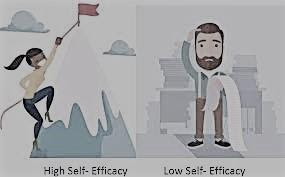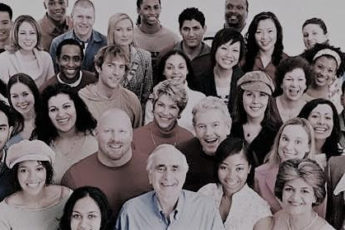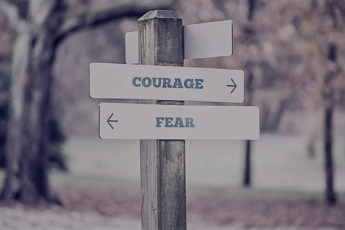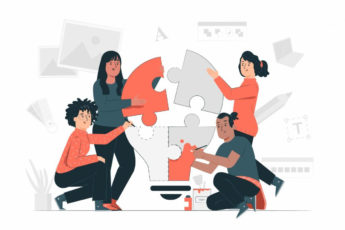 We often hear of the importance of “confidence” – being sure about our abilities, qualities, and ideas. But what if we trust ourselves in some areas and not in others? Does this mean we don’t have confidence? Is confidence binary – something you either have or don’t have? We hear less about “self-efficacy” but it’s highly relevant to these questions. Self-efficacy is the belief in our own ability to succeed in achieving a goal; that is, having the confidence to know we can do whatever we set our mind to by managing how we think, feel, and behave. We can have high self-efficacy in some areas, for example, being a keynote speaker at a conference, and we can have low self-efficacy in other areas, for example, learning to use the “R” software for data analysis.
We often hear of the importance of “confidence” – being sure about our abilities, qualities, and ideas. But what if we trust ourselves in some areas and not in others? Does this mean we don’t have confidence? Is confidence binary – something you either have or don’t have? We hear less about “self-efficacy” but it’s highly relevant to these questions. Self-efficacy is the belief in our own ability to succeed in achieving a goal; that is, having the confidence to know we can do whatever we set our mind to by managing how we think, feel, and behave. We can have high self-efficacy in some areas, for example, being a keynote speaker at a conference, and we can have low self-efficacy in other areas, for example, learning to use the “R” software for data analysis.
It’s important to know self-efficacy is not static. Research shows there are four ways to develop self-efficacy in goal-related areas. Let’s say your goal is to reach out to three strangers to learn about their careers. That’s your goal but you’re not sure if you can do it (low self-efficacy). The four ways you can improve your self-efficacy are:
Recall times you have succeeded in the past based on your own hard work and efforts.
When others like you are achieving goals, it makes you feel more capable of your own success.
Ask for and use feedback and coaching you receive from others. When someone you trust encourages you and reminds you of your past successes, this can help you overcome your own self-doubt.
Learn how to read your body and emotions. Reframing your self-talk from “I’m anxious” to “I’m excited” helps you think about situations with a more positive mindset.
Believing in yourself is the first step in achieving your goals and knowing yourself is key to making that become a reality.










